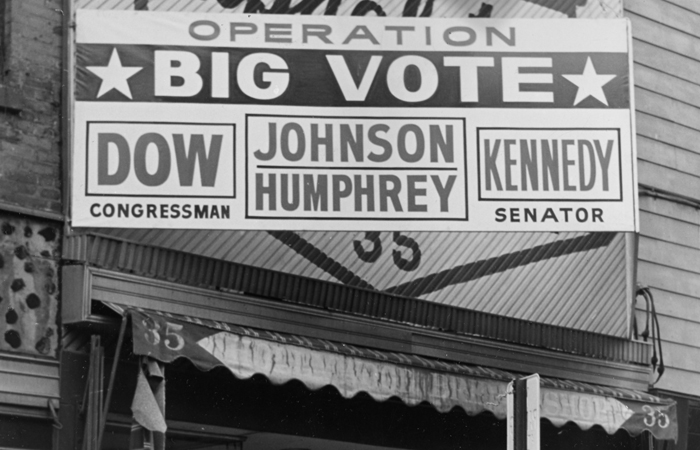Albany Community Subject Files, 1964-1990 2.7 cubic ft.
The files contain newspaper clippings, codes, and investigations on a wide range of topics pertaining to urban issues such as housing codes and enforcement, highway construction, parking, preservation and demolition of buildings and historical sites, preservation of the Pine Bush, security, burglary, a 1973 investigation of police enforcement and corruption, taxes, urban community and neighborhood development and preservation, ordinances, and zoning. They contain correspondence with and information on the Hudson/Park and Pine Hills Neighborhood Associations, Albany neighborhood associations, Capitol Hill Improvement Corporation, Capitol Housing Rehabilitation Corporation, the Historic Albany Foundation, Historic Resources Commission (1988), Historic Sites Commission, Albany Industrial Development Agency, Mayor Corning Memorial Committee (1984), and St. Joseph Housing Corporation (1983); and correspondence with and information on the New York City Brownstone Revival Committee, New York State Council on Architecture, and Preservation League of New York State; and national correspondence with and information on Alliance for Neighborhood Government, and Neighborhood Preservation.
